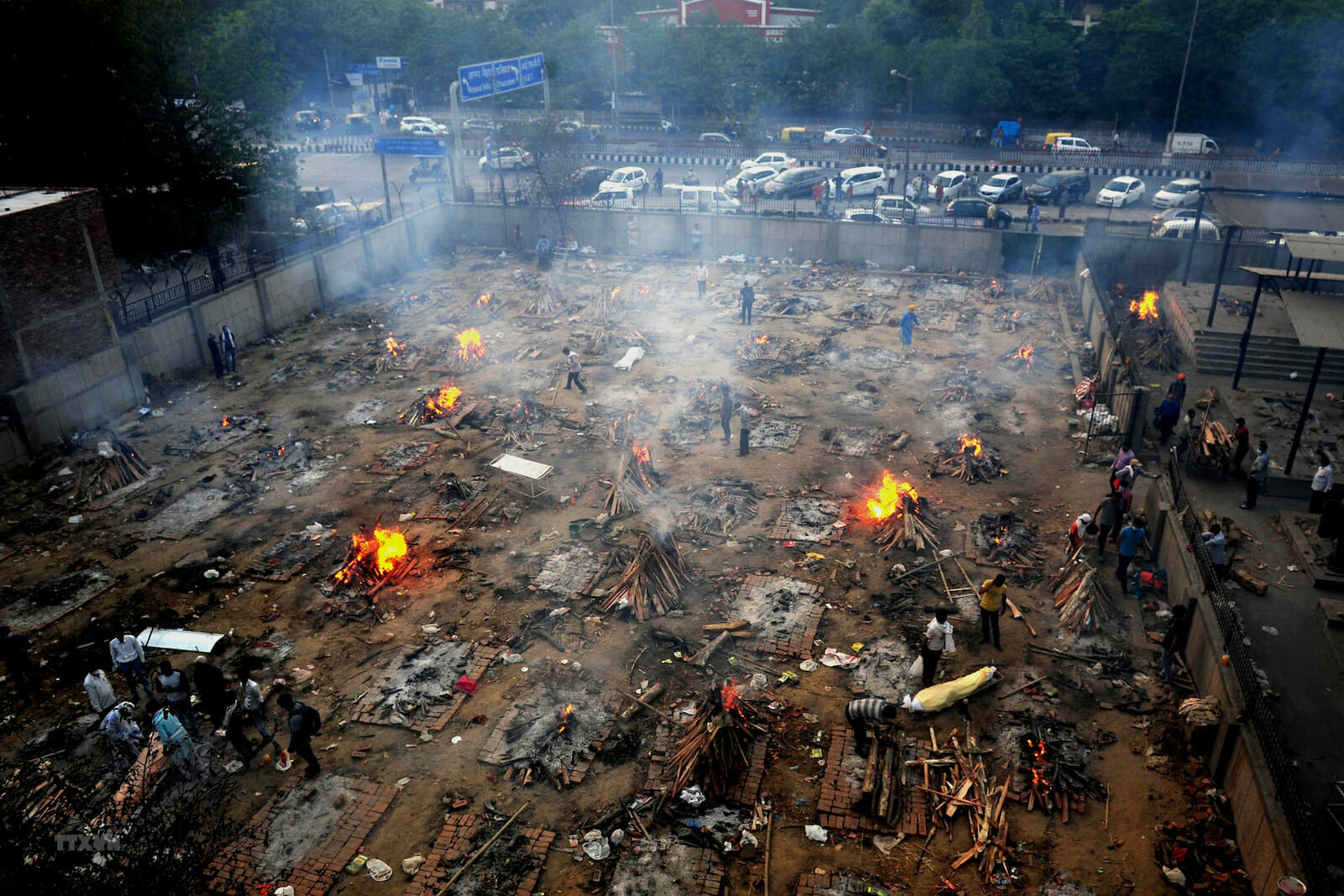
What India’s Failed ‘Vaccine Diplomacy’ Means for the Region
For the past few weeks, the world has been grappling with stories and visuals coming out of India. The images of COVID patients gasping for oxygen have become the symbol of India’s crumbling healthcare infrastructure. From international media to Indian opposition, everyone is pointing the finger at Prime Minister Narendra Modi for his failure in tackling the pandemic in the densely populated country. While the number of deaths and cases are going up, Modi’s popularity and credibility are going down.
But now, Modi has more than his political fortunes to care about. The pandemic provided India with a unique opportunity to ramp up its image globally through its “vaccine diplomacy.” Modi presented India as the “pharmacy of the world” – a crucial player in the global fight against COVID. However, with rising cases at home, New Delhi’s vaccine diplomacy is losing its momentum. As the pandemic ravages the country, India is struggling to vaccinate its population and failing to keep its commitments to export vaccines abroad.
In January, Modi proclaimed victory against COVID at the World Economic Forum in Davos. In the same month, the Indian government unveiled the “Vaccine Maitri” (Vaccine Friendship) initiative to supply vaccines to the developing world. The initiative was seen as a significant diplomatic breakthrough for the Modi government. It aimed to promote India’s brand abroad while earning political brownie points at home for the ruling Bharatiya Janata Party.
New Delhi’s vaccine diplomacy went pretty well for a while. The Serum Institute, which produced Oxford-AstraZeneca’s Covishield vaccines, supplied around 66 million doses to 95 countries. These vaccines were supplied in the form of aid, grants, and commercial exports. India’s neighbours were the biggest beneficiaries of its vaccine exports. Bangladesh received around 10.3 million doses, while Myanmar and Nepal received 3.7 million and 2.4 million, respectively.
However, the situation began to deteriorate in the middle of March when cases increased dramatically. The government was accused of indifference towards COVID protocols for allowing Kumbh Mela, the largest gathering of Hindu devotees, to take place. Critics argued that Modi declared victory against COVID prematurely and ignored repeated warnings from health experts on an impending second wave.
Large election rallies also came under the scanner. The vice president of the Indian Medical Association went as far as to describe Modi as a “super spreader” for attending massive election rallies before the West Bengal election. Facing vaccine shortages and intense criticism at home, the Indian government imposed a de-facto ban on vaccine exports.
The ban, however, did not go over well with India’s neighbours. The reaction was particularly bitter in Bangladesh, which was about to receive a new batch of COVID vaccines. Nazmul Islam Papon, the managing director of Beximco Pharmaceuticals, the company responsible for importing COVID vaccines into Bangladesh, slammed the Indian government for banning vaccine exports despite Bangladesh paying for them in advance.
Papon, who is also a member of parliament, appealed to the Bangladesh government to strongly raise the issue with New Delhi and urged India to prove its “friendship” to Bangladesh. Such a strong response from an influential member of the ruling party, which is believed to be pro-India, is a troubling sign for New Delhi.
However, as India’s vaccine debacle rages on, China took no time to jump in. Beijing has claimed that it could produce up to 2 billion doses in 2021 alone. It has already shipped 240 million vaccines globally, more than any other country in the world, and pledged to supply another 500 million doses. Shortly after India’s export ban, the Chinese foreign minister proposed to deliver vaccines to South Asian countries within a “multilateral framework” in a virtual meeting with his counterparts from Bangladesh, Nepal, Afghanistan, Pakistan, and Sri Lanka.
As part of the pledge, Beijing donated half a million doses of vaccines to Bangladesh. Subsequently, Dhaka signaled its intention to produce Chinese vaccines locally and gave emergency greenlight to procure Sinopharm doses. However, it is not just Bangladesh; even countries with disputes with Beijing are reaching out to China. The Philippines, which is locked in a territorial dispute with Beijing over the South China Sea, has imported five million doses of Sinovac vaccines after India delayed its exports.
The failed vaccine diplomacy of New Delhi will undoubtedly strengthen China’s position in the geopolitical competition of the Indo-Pacific. Beijing is using its vaccines to woo countries in South and Southeast Asia, where the Quad is trying to create an anti-China consensus. The objectives of Beijing’s vaccine initiative are two folds — weakening Quad’s credibility as a reliable partner and use the vaccine as an instrument to advance cooperation in the areas of defence, trade, and connectivity with the countries in the region.
The lesson for New Delhi (and Washington) is clear— smaller states are not interested in confronting China without incentives. They are willing to bandwagon with an assertive China as long as the goods are delivered and cash is pouring in, and Beijing is not shying away from seizing the opportunity.
